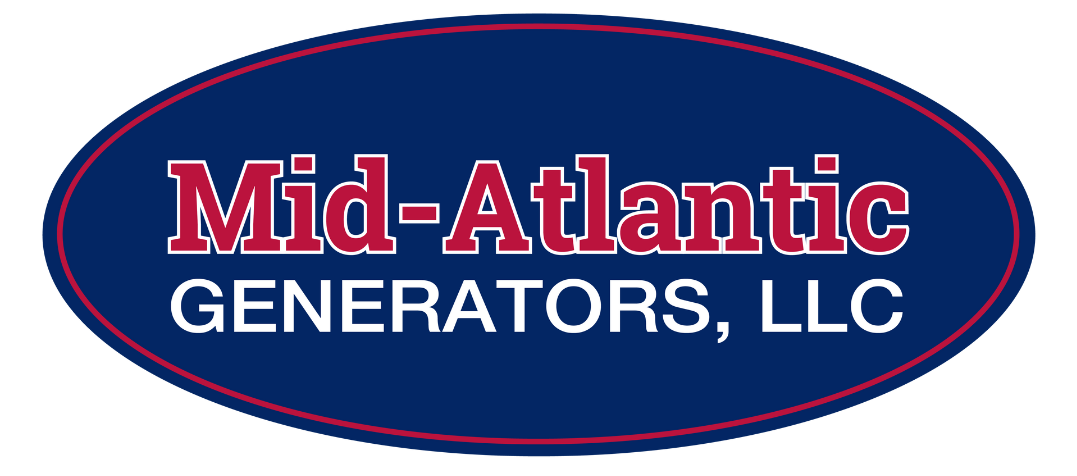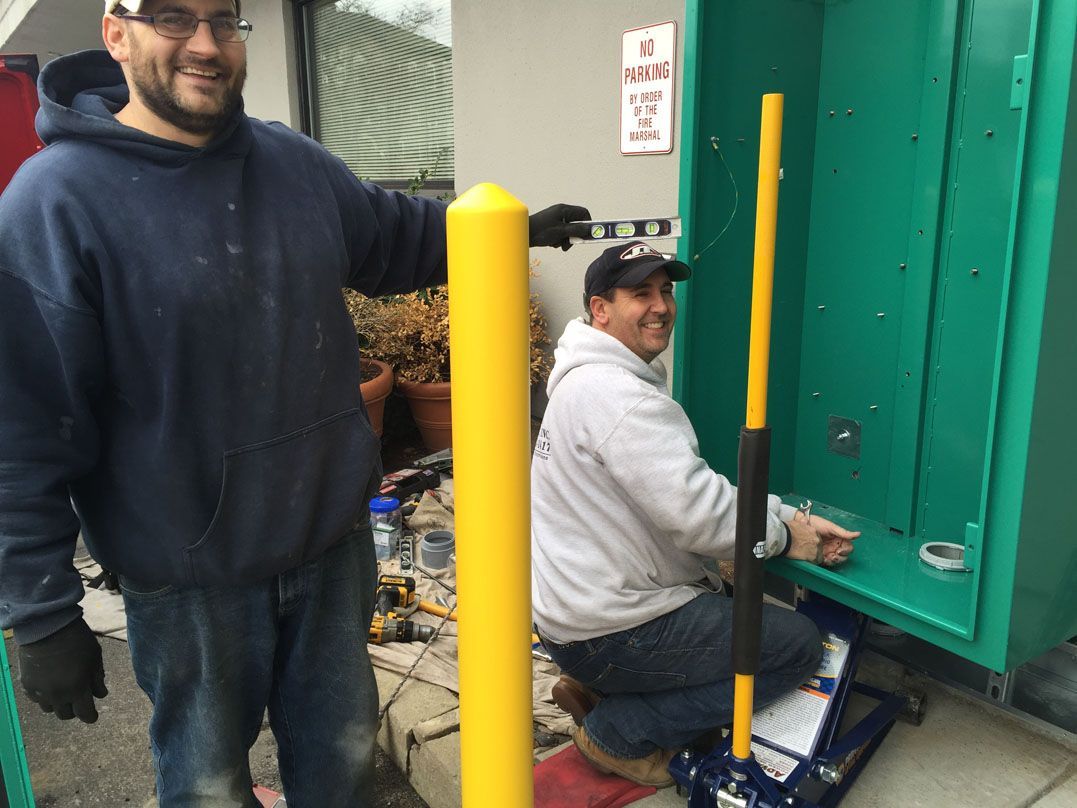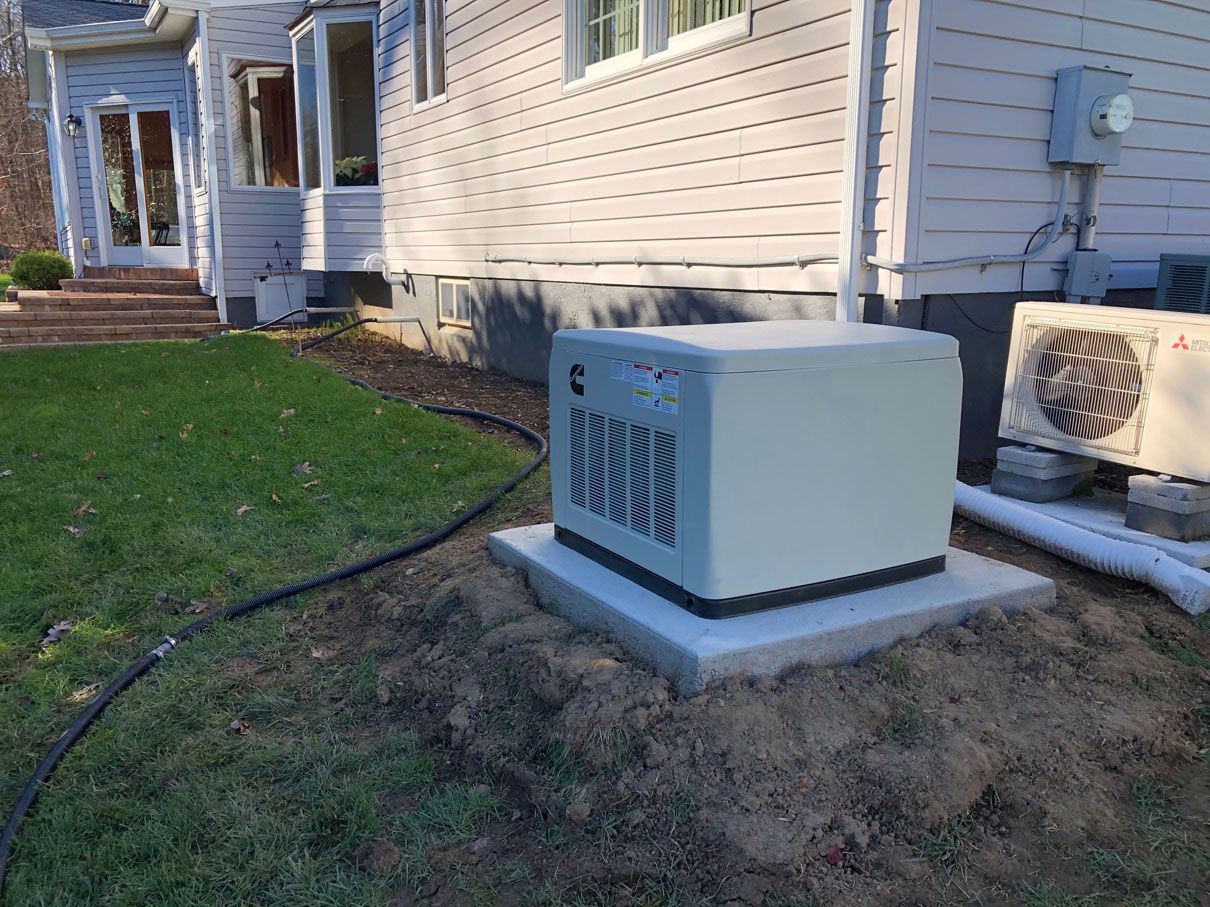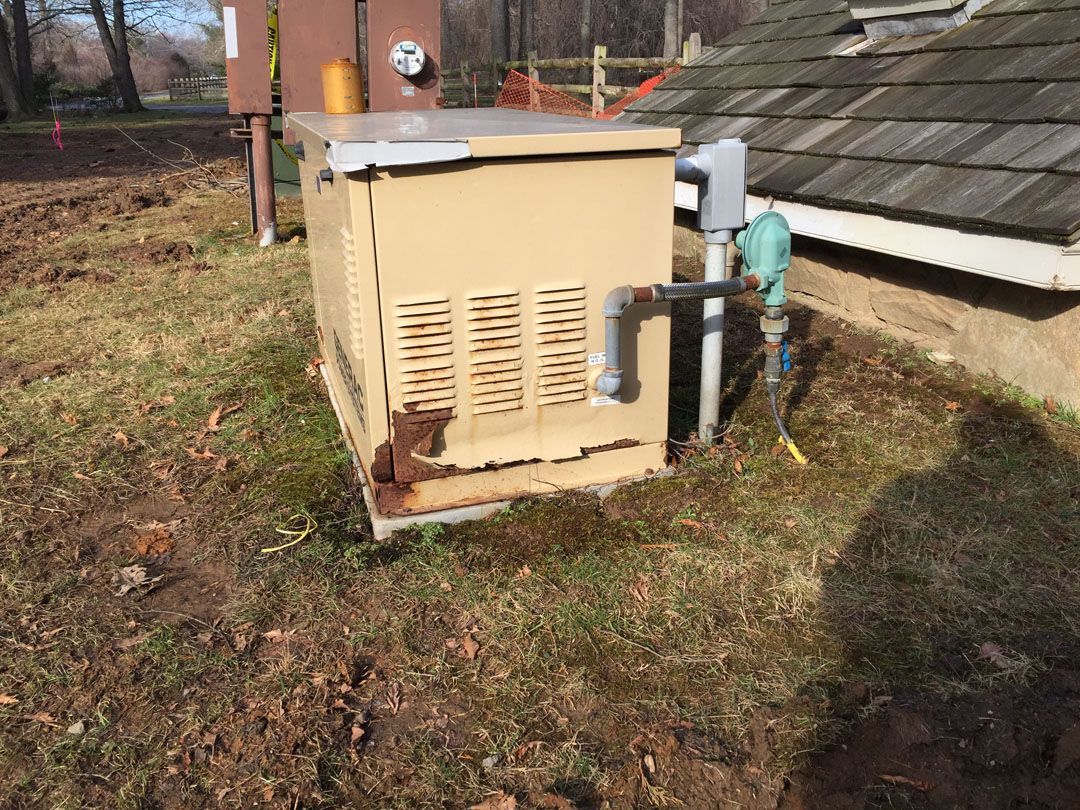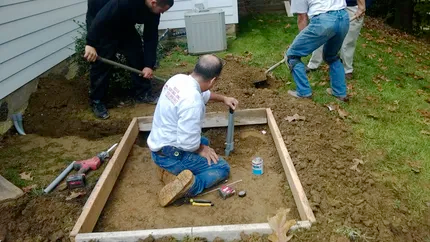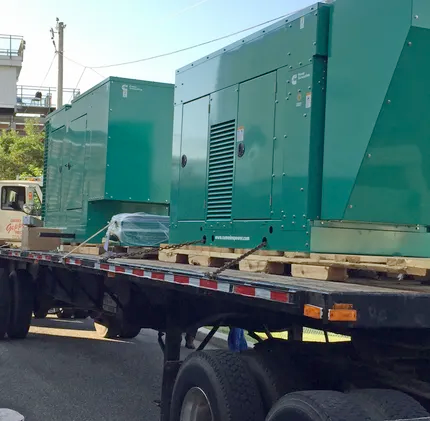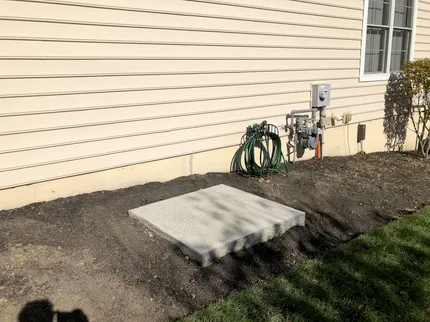Powering Your Business: Understanding the Role of Commercial Generators
Reliable power is critical for maintaining smooth operations, regardless of your industry. A power outage can throw a huge wrench into your day-to-day activities, resulting in costly downtime, loss of revenue, and potential damage to equipment or data (not to mention your reputation).
According to the
U.S. Department of Energy, power outages cost the country’s economy an estimated $150 billion per year. That’s a great deal of money that could go back into the pockets of businesses and consumers!
To mitigate this financial impact, many businesses
(up to 75%) are investing in commercial generators. These machines provide a crucial backup power solution, helping businesses continue operations without interruption during outages.
If you’re thinking about investing in a
commercial generator for your property, here’s what you need to know about its role, its benefits, and how to choose the right one.
What Is a Commercial Generator?
A commercial generator is a power backup system designed to provide electricity to a business when the main power supply is disrupted. Unlike residential generators, which are typically designed for smaller loads and shorter durations, commercial generators are built to handle the high power demands of businesses and industrial operations.
Key Features of Commercial Generators:
1) Capacity
Commercial generators come in various sizes, from small systems that support small businesses to large, industrial-grade units that can power entire factories or medical facilities.
2) Type
There are multiple types of commercial generators available, and different models suit different business needs.
Diesel generators are the most common for commercial use due to their fuel efficiency and availability of diesel. They can run for long periods, making them ideal for extended power outages.
According to
2023 market reports shared by IMARC, the global commercial diesel generator market is currently valued at around $19.46 billion, and it’s projected to reach $37.03 billion by 2032.
Natural gas generators offer a cleaner, more eco-friendly option. Considering that natural gas is readily available and an abundant natural resource, this type of generator can be an economical choice. As a result, they are becoming increasingly popular, although they require a natural gas pipeline connection.
Lastly, there are propane generators, which are typically used for smaller-scale applications due to their relatively smaller energy output compared to diesel but can be ideal for specific situations.
3) Manual vs. Automatic Transfer Switches
A transfer switch connects your generator to your building’s electrical system and determines how power is switched from the main grid to the generator during an outage. There are two main types of switches you can choose from:
A) Manual Transfer Switch
This style of switch requires someone to physically flip the switch to activate the generator during a power outage. While less expensive, it demands human intervention, which can delay power restoration and may not be practical for critical operations.
B) Automatic Transfer Switch (ATS)
Automatic transfer switches detect power outages instantly and seamlessly shift the load to the generator without manual input. Once grid power is restored, the ATS automatically reverts back, ensuring uninterrupted power flow.
For businesses that rely on continuous operations—such as healthcare facilities, data centers, or food services—an ATS is
essential to minimize downtime and prevent disruptions. It adds a layer of convenience, safety, and reliability, ensuring your power backup system responds quickly and efficiently.
Why Every Business Needs a Reliable Backup Power Source
Power is the backbone of most modern business operations. From keeping IT systems online to maintaining essential machinery or climate control in facilities, businesses rely on electricity to function.
In certain industries, a power outage can lead to severe consequences. In some situations, it can even mean the difference between life and death.
Industries that rely heavily on backup power include:
1. Healthcare
Hospitals, doctor’s offices, and medical clinics depend on backup generators to keep life-saving equipment running and maintain patient safety during power outages.
For hospitals, power outages can be deadly, shutting down critical equipment like ventilators and operating room lights. To protect against disasters like hurricanes or earthquakes, hospitals rely on contingency plans and often install propane-powered backup generators for uninterrupted power if the grid fails.
2. Manufacturing
A halt in production can result in significant financial losses, costly delays, and damage to materials or machinery. Advanced Technology Services even estimates that unplanned downtime costs in fields like auto manufacturing can be as high as $22,000 per minute.
3. Retail Stores
Commercial stores rely on consistent power to maintain operations, from powering lights and cash registers to keeping refrigeration units running for perishable goods. A power outage can result in lost sales, spoiled inventory, and dissatisfied customers.
For stores in disaster-prone areas, such as the Gulf Coast, a reliable power backup is especially critical to protecting revenue and maintaining customer trust.
4. Food Services
Restaurants, grocery stores, and food suppliers rely on a consistent power supply to preserve perishable inventory, maintain refrigeration systems, and keep kitchen equipment running. A power outage can lead to spoiled food, interrupted operations, and significant revenue loss.
Backup commercial generators ensure uninterrupted service, protect inventory, and help businesses maintain customer satisfaction and compliance with food safety regulations.
Benefits of Commercial Generators for Power Backup
We could write an entire blog post on the benefits of commercial generators, but here are a few of the top reasons to invest in one for your business:
1. Uninterrupted Operations
A backup generator makes sure your business can continue to operate during a power outage, avoiding extended periods of downtime and keeping production moving forward.
2. Preventing Revenue Loss
Every minute of downtime can equate to lost revenue. Commercial generators prevent significant financial losses by keeping your most important operations running at all times, even during power interruptions.
3. Protecting Equipment and Data
Many businesses depend on sensitive equipment, like servers, refrigeration units, or HVAC systems, which can be damaged by sudden power surges or outages. A generator ensures the integrity of this equipment and prevents costly repairs.
4. Maintaining Customer Trust
Businesses, especially those in customer-facing industries, rely on consistent power to maintain service quality. A power outage can cause customers to mistrust your brand, impacting long-term business relationships.
5. Compliance and Legal Protection
Certain industries, such as healthcare and food services, are bound by strict regulatory requirements to maintain power for safety and compliance. A generator can help these businesses stay compliant and avoid fines and legal consequences.
Choosing the Right Commercial Generator
There’s not necessarily one right option when it comes to selecting a generator. However, you do need to carefully consider your business’s specific needs and how each product can meet them. For example, think about…
1. Your Power Requirements
Determine the size of your business and how much power is needed to keep essential operations running. This includes equipment, lighting, and IT systems that must stay on during an outage.
2. Your Preferred Fuel Type
The choice of fuel—diesel, natural gas, or propane—will impact running costs, environmental considerations, and availability. Diesel generators are generally more fuel-efficient, while natural gas generators are cleaner.
3. Noise Levels and Environmental Impact
Consider the noise levels of the generator, especially if you are in a residential or noise-sensitive area. Also, assess the environmental impact of the generator’s fuel source.
4. Space and Installation
Confirm there is adequate space for the generator and that installation requirements are met. Professional installation is key to making sure the generator is safe and can function optimally. for
5. Your Budget and Long-Term Operational Costs
There’s no way around it: commercial generators are a significant investment, so it’s essential to balance upfront costs with ongoing operational expenses. Consider long-term fuel and maintenance costs when making a decision.
Not sure what you need for your business? We highly recommend working with a professional to assess your power needs and select the right generator.
The Cost of Commercial Generators
If you’re wondering how much a commercial generator will set you back, keep reading. The costs associated with commercial generators go beyond the initial purchase and installation.
Here's a breakdown of what to expect:
1. Upfront Costs
The cost of purchasing and installing a commercial generator can vary depending on the size, fuel type, and required capacity. Additionally, there may be licensing and inspection fees involved.
According to
Home Depot, commercial generators typically cost between $600 to $2,000, but take this with a grain of salt as more expensive options are required for larger facilities.
2. Ongoing Costs
Once installed, there are other expenses to consider. You'll need to consider the cost of fuel, routine maintenance, and potential repairs. For example, diesel generators (despite their fuel efficiency) require more frequent maintenance compared to natural gas models.
3. ROI Consideration
While commercial generators represent a significant upfront investment, the return on investment (ROI) is clear. By preventing power outages and minimizing downtime, businesses can save money that would otherwise be lost in revenue, damaged equipment, or regulatory fines.
Ready to Take the Next Step Toward Dependable Power?
Power is essential to business continuity, and commercial generators are a valuable investment. They make sure your operations stay online during power outages and protect everything from your reputation to your revenue.
If you think this is the right choice for you, evaluate your power needs and work with a professional for generator installation. Don’t let power outages jeopardize your business operations!
Contact Mid-Atlantic Generators Today
If your business doesn’t yet have a reliable power backup solution, we’re here to help.
At Mid-Atlantic Generators, we provide customized backup power solutions to keep businesses running smoothly, no matter what. From assessing specific power needs to professional generator installation and ongoing maintenance, our team ensures companies are always prepared.
Reach out to schedule a consultation and take the first step toward uninterrupted commercial power systems.
Our Services
Our Products
Quick Links
Contact Us
1012 Meetinghouse Rd,
Upper Chichester Twp, PA 19061

© 2025 All Rights Reserved | Mid-Atlantic Generators, LLC | Powered by River Avenue Digital
